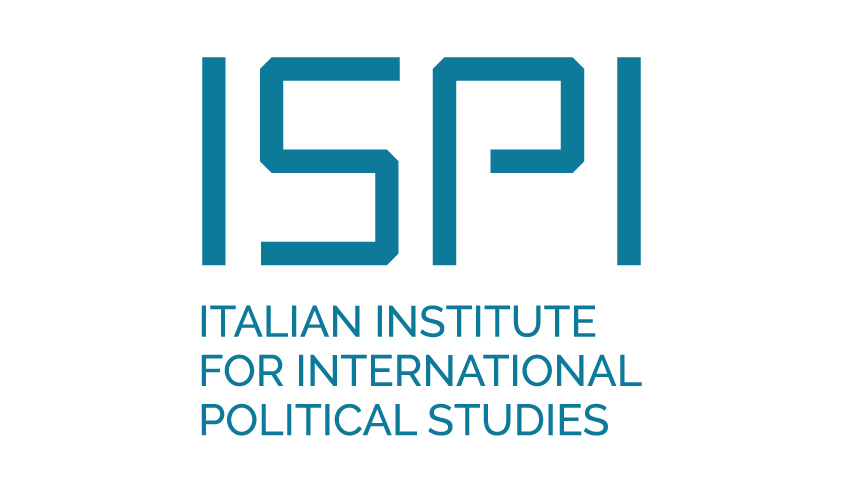Japan in South East Asia: Looking for a Balanced Indo-Pacific

South East Asia is an area of utmost importance for Japan’s economic, political and security interests, amounting to “a core strategic interest” for Tokyo.
Major economic partners, South East Asian countries are also regarded as key partners in promoting a stable, prosperous and rules-based regional order, the main objective of Japan’s Free and Open Indo-Pacific (FOIP) policy. ASEAN countries are indeed at the forefront of the Sino-US competition, and their ability to remain united and resilient in front of pressures will be crucial to determine the future regional balance of power.
Therefore, Tokyo has been stepping up a smart strategic engagement to South East Asia while mitigating China’s growing influence in the region through the promotion of alternative connectivity initiatives and new security engagements.
Economically, in response to Chinese Belt and Road Initiative (BRI), Japan has been boosting its already good record of infrastructure investments. The “Partnership for Quality Infrastructure” in 2015, and its expanded version in 2016, provide respectively US$110 billion and US$200 billion to connectivity projects, mainly in South East Asia. Data actually shows that Japan is still ahead of China in terms of infrastructure investment in the region. At the difference of Beijing that prioritizes North-South routes, Tokyo is promoting East-West connectivity schemes, thus helping to integrate the whole region.
This proactive strategy has also been designed to improve the business conditions for Japanese companies. More than 12,000 of them operate in the region, and Japan is ASEAN’s first source of direct investments. As Japanese firms move from a “China+1” to a “Thailand+1” strategy, diversifying their production bases, they also help forming new supply chains, supported by new infrastructures.
Strategically, Japan has been soft-balancing China by strengthening the resiliency of South-East Asian countries through maritime capacity-building activities and institutionalized strategic dialogues. Through a strategic use of its development assistance, Japan has been playing an important role in training and equipping the coastguards units of Indonesia, Philippines and Vietnam, thus enabling these countries to better monitor their maritime domain and mitigate power asymmetry in the South China Sea. The capacity building assistance program set up in 2012 by the Ministry of Defense and prioritizing South-East Asian partners is also focusing on the appropriation and implementation of maritime law. Under new legal provisions, Tokyo was also able to supply five second-hand TC-90 patrol aircraft to the Philippines, which used them to monitor Scarborough Shoal, a place of intense friction with China.
The full article is available on ISPI website.
Related centers and programs
Discover our other research centers and programsFind out more
Discover all our analysesJapan’s Takaichi Landslide: A New Face of Power
Prime Minister Sanae Takaichi has turned her exceptional popularity into a historic political victory. The snap elections of February 8 delivered an overwhelming majority for the Liberal Democratic Party (LDP), driven by strong support from young voters, drawn to her iconoclastic and dynamic image, and from conservative voters reassured by her vision of national assertiveness. This popularity lays the foundation for an ambitious strategy on both the domestic and international fronts.
The U.S. Policy Toward Taiwan Beyond Donald Trump: Mapping the American Stakeholders of U.S.-Taiwan Relations
Donald Trump’s return to the White House reintroduced acute uncertainty into the security commitment of the United States (U.S.) to Taiwan. Unlike President Joe Biden, who repeatedly stated the determination to defend Taiwan, President Trump refrains from commenting on the hypothetical U.S. response in the context of a cross-Strait crisis.

China’s Strategy Toward Pacific Island countries: Countering Taiwan and Western Influence
Over the past decade, China has deployed a diplomatic strategy toward the Pacific Island Countries (PICs). This strategy pursues two main objectives: countering Taiwan's diplomatic influence in the region and countering the influence of liberal democracies in what Beijing refers to as the "Global South."

Opening up the G7 to South Korea to Address Contemporary Global Challenges
The G7’s global influence has diminished as powers like China reshape international governance through initiatives such as BRICS and the Shanghai Cooperation Organisation (SCO). With the G7 now representing just 10 per cent of the world’s population and 28 per cent of global GDP, its relevance is increasingly questioned.












